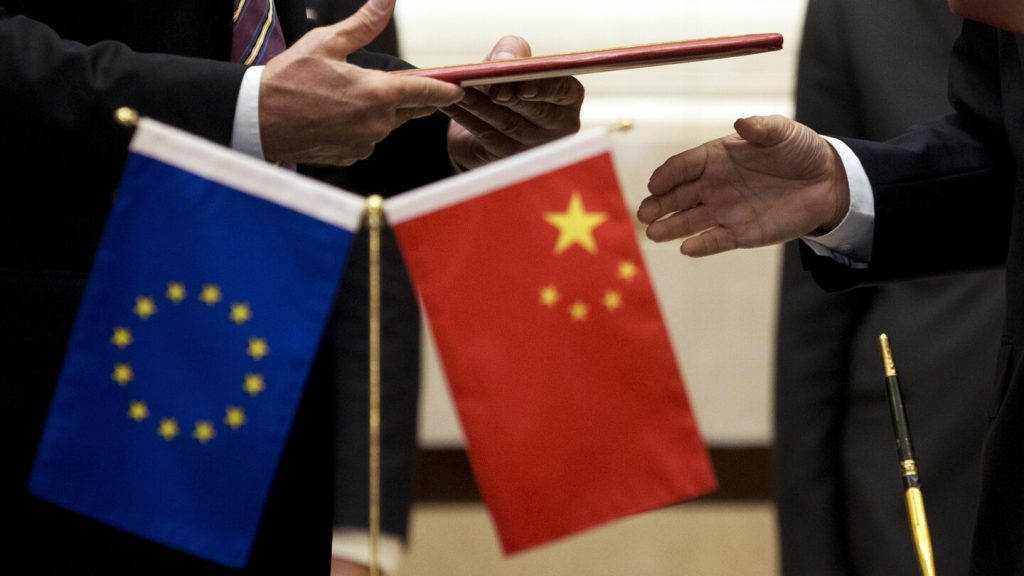China has accused the European Union of protectionism and distortion of the definition of subsidies in response to a new investigation into Chinese wind turbine makers. The European Union recently announced an investigation to determine if Chinese subsidies are giving wind turbine companies an unfair advantage in the competition for projects in five member countries. The Chinese Commerce Ministry criticized the EU’s lack of transparency in procedural standards during the investigation, calling it a protectionist act that harms fair competition. The investigation is part of a series of recent probes against Chinese companies under a new EU regulation.
The EU’s investigations have also targeted Chinese solar panel makers, soliciting bids for a solar park in Romania. Vestager, the EU commissioner for competition, referred to the approach as “whack-a-mole” and emphasized the need for a more systemic solution before it is too late. China believes the investigations are undermining the confidence of Chinese companies to invest and trade in Europe, ultimately affecting global efforts to combat climate change. The China Chamber of Commerce to the EU described the investigations as an act of economic coercion that contradicts the EU’s commitment to reducing greenhouse gas emissions.
In addition to wind turbines and solar panels, the EU has also launched investigations into Chinese subsidies for electric vehicles as exports from China to Europe rise. Chinese vehicle exports, including electric vehicles, have seen significant growth in the first three months of this year. This has raised concerns among EU and U.S. officials about the potential flooding of markets with Chinese exports that could harm domestic industries. Janet Yellen, the U.S. treasury secretary, has called for changes in Chinese industrial strategy to ensure fair competition for American firms.
According to a German industry representative, while inexpensive Chinese goods may contribute to Europe’s environmental goals in the short-term, they pose a threat to domestic industries in the medium term. The German Chamber of Commerce in East China highlighted the dilemma faced by policymakers in balancing environmental goals with protecting domestic industries from foreign competition. German Chancellor Olaf Scholz is expected to address German company concerns about access to the Chinese market during his visit to China next week. Complaints about unfair trade practices have become increasingly important with the rise of Chinese companies as competitors in Europe and abroad.
As Chinese companies expand their presence in the European market, there is a growing demand for a level playing field to ensure fair competition. The German Chamber of Commerce emphasized the need for policymakers to address the challenges posed by the influx of Chinese goods in various sectors, including solar and wind power. The chamber’s survey of member companies highlighted the urgency of implementing measures to uphold fair trade practices and protect domestic industries from unfair competition. The ongoing dispute between China and the European Union underscores the complexities of international trade relations and the need for strategic approaches to address concerns raised by both parties.


